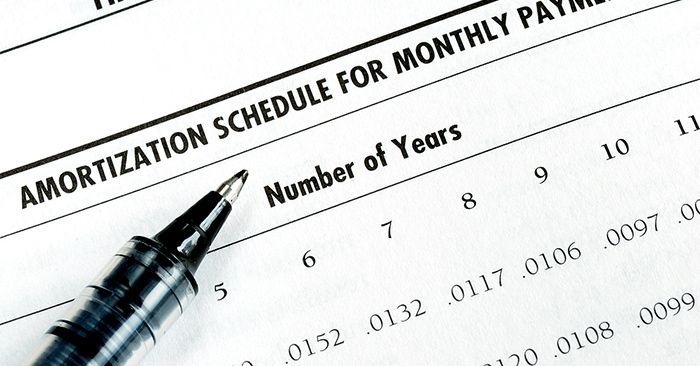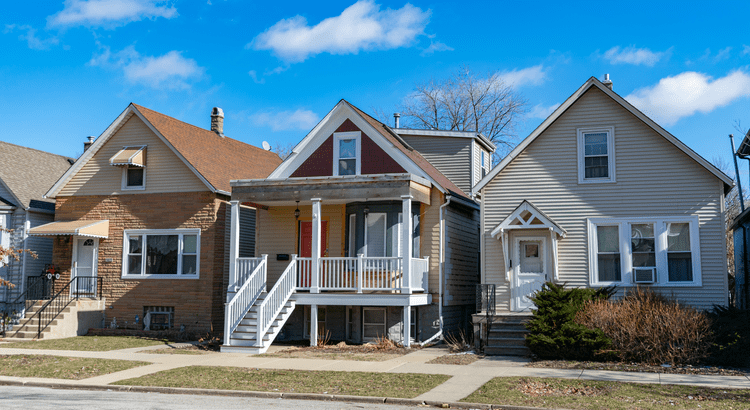Should You Call a Seller’s Bluff If They Say Another Offer Is Coming in on a House You Want to Buy?

It’s not uncommon for home buyers to feel they’re being lied to when they’re told there’s another offer coming in on a house they want to buy, no matter what the current real estate market is like.
But considering you’ve probably been hearing that houses are taking longer to sell, prices are coming down, and there are fewer buyers to compete with, it might seem even more suspicious if you’re told there’s another offer on a house you want to buy right now.
All of that is true in many areas, so an offer mysteriously coming in on a house you want to buy is even more unbelievable when the one you have your eyes on has been on the market for some time. It’s like, how in the world did someone else randomly decide to make an offer on this house when it’s been on the market 87 days? Where have they been? Why now? Do they even really exist, or is the seller bluffing?
If you find yourself in that position, it’s natural to be skeptical. It’s always possible that a seller (or their agent) is bluffing, and a little skepticism isn’t the worst thing in the world, especially when you’re deciding on how much to offer on what is typically the largest purchase most people make in their lives.
But the reality is, it’s not uncommon for another offer (or several others!) to come in at the same time you decide to make an offer on a house, even if it’s been on the market for a while.
Unfortunately, it’s almost impossible to ask for — and actually get — “proof” of another offer. You just have to trust what you’re being told, and your gut.
Here’s Why It’s Probably Not a Bluff
Fortunately, there are a few reasons why the seller and their agent probably aren’t bluffing…
- An agent could get in trouble for lying. Between the National Association of Realtors Code of Ethics (which most agents adhere to), as well as state and national real estate rules and regulations established to protect the consumer, most agents wouldn’t risk losing their license by lying about the existence of another offer.
- It could hurt their reputation. Besides legal trouble, most agents wouldn’t want to damage their reputation — which could cost them future clients and business — for the sake of creating urgency on one listing.
- It could hurt their seller. If they bluff it might cause a buyer to disappear either because they simply want to test and see if there truly is another offer, or just don’t want to get involved in a bidding war. If the buyer doesn’t come in with an offer and the seller’s agent has to push for them to submit one because the other offer didn’t come in, or never truly existed, they have lost leverage and negotiating power.
- Sometimes it isn’t so much a lie, as it is a heads up. A lot of times there may not actually be an offer in writing, but the listing agent knows there’s another buyer interested in making one. There’s nothing wrong with the listing agent letting other interested parties know there’s another offer potentially coming in, or already received, in order to make sure everyone who’s interested has a fair chance at making an offer before they accept one.
- A property you like is likely to appeal to another buyer. No matter how few buyers are in the market, there’s always a chance there’s at least another buyer actively looking for a house in your area and price range. And if you like a house, there’s a good chance anyone else in the price range will see the value in it as well.
Here Are Your Options for Dealing With a Potential “Phantom” Offer
First and foremost, if you’re being told there’s another offer on a house you want to make an offer on, your agent will likely ask the listing agent how they’ll handle the process. The listing agent will guide them by telling them whether they want you to submit your “best and final” offer right up front, or if they want an initial offer and plan on coming back to everyone with a chance to improve it or negotiate further.
Ask your agent how he or she feels about the existence of another offer. Your agent should have a good understanding of the current market activity, and a sense about whether they can trust what the other agent is saying, based upon their experience in the field.
Depending upon how you and your agent feel after assessing, you can:
- Call their bluff and not submit an offer. If you’re really confident that there truly isn’t another offer, you could tell them you’ve decided not to make an offer and hope that they change their tune and more or less beg you to come in with an offer. But this is extremely risky, because if there is another offer, you’re not going to even be in consideration and could lose out on having a shot at getting it. It could be really disappointing to see the house sold to someone else, especially if it’s for less than you were willing to pay for it.
- Make an offer as if there isn’t another one. If you’re not entirely convinced that there’s another offer, you can always make an offer that you’d ideally make if there wasn’t another offer coming in. In other words, make an offer that isn’t your highest or best terms and try to get the best deal possible. The downside to doing this is it could hurt your chances by making you look less serious or as strong as the other buyer if another one exists, even if you do eventually improve your price and terms.
- Submit a strong offer you feel good about, whether you get the house or not. Your best (and safest) bet is to just make the strongest offer you feel comfortable making. Make an offer that you’d feel happy having paid to get the house if they accept your offer, and wouldn’t regret if another buyer did exist and their offer ended up being chosen over yours. This way you’re in the mix and will feel like you’ve at least given it your best shot.
The Takeaway:
When you’re told there’s another offer coming in on a house you’re interested in buying that’s been on the market for a while, it’s easy to wonder if it’s true, or a bluff. But it’s even more difficult to believe in the current market where houses are supposedly taking longer to sell, prices are coming down, and there are fewer buyers to compete with in many areas!
Unfortunately, it’s almost impossible to get “proof” of another offer. You just have to trust your gut, and what you’re being told. Fortunately, it’s risky for a seller or their agent to lie about the existence of another offer, so it’s probably not a bluff.
While you can call their bluff and either not make an offer at all, or make one that isn’t your strongest or best, your safest bet is to make the strongest offer you feel comfortable making.
Share this post




